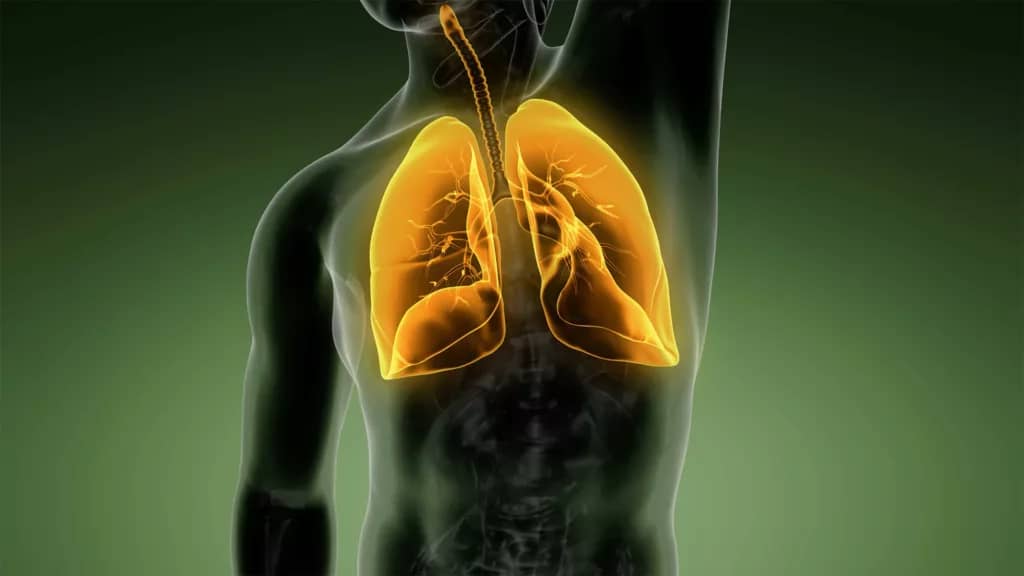Acupuncture and Traditional Chinese Medicine for Cardiovascular Health
Acupuncture and Traditional Chinese Medicine (TCM) can play a supportive role in the prevention and management of cardiovascular diseases. These conditions include hypertension (high blood pressure), coronary artery disease, arrhythmia, heart failure, and more.
TCM views cardiovascular disease as an imbalance in the body’s Qi (energy) and blood flow, often caused by lifestyle factors such as stress, poor diet, and lack of exercise. Acupuncture and TCM aim to correct these imbalances by promoting the flow of Qi and blood to the cardiovascular system, improving circulation, and addressing underlying emotional and physical stressors.
Several acupuncture points have been found to be effective in treating cardiovascular disease. These include:
- Neiguan (PC6) – Located on the inner forearm, this point is often used to treat hypertension and heart palpitations.
- Zusanli (ST36) – Located below the knee, this point is believed to improve blood circulation, strengthen the immune system, and reduce inflammation.
- Xinshu (BL15) – Located between the shoulder blades, this point is used to regulate heart rhythm and treat heart palpitations.
In addition to acupuncture, TCM may use herbal formulas to support cardiovascular health. These formulas may include ingredients such as hawthorn berry, salvia, and astragalus, which are believed to improve blood circulation, reduce inflammation, and support heart function.
Research has shown that acupuncture and TCM can be effective in treating several cardiovascular conditions. For example, a study published in the Journal of Alternative and Complementary Medicine found that acupuncture was effective in reducing blood pressure in patients with hypertension. Another study published in the Journal of Traditional Chinese Medicine found that acupuncture combined with herbal medicine was effective in treating coronary artery disease.
It’s important to note that acupuncture and TCM should be used as a complementary approach alongside conventional cardiovascular disease treatment, such as medication and lifestyle changes. It’s also important to consult with a qualified TCM practitioner before beginning any acupuncture or herbal treatment.





